
Wasps: The Splendors and Miseries of an American Aristocracy
by Michael Knox Beran · 2 Aug 2021 · 800pp · 240,175 words
in America was a profession only a shade more respectable than harlotry. Boston was, in its own conceit, the American Athens, yet we have Professor George Santayana’s word for it that in “good Boston society” artists, if they were tolerated, were looked upon as “parasites” and not as “persons with whom
…
Edie, and there was Warwick Potter, a young scholar of “a very attractive and winning personality” who was to win the heart of the philosopher George Santayana. The parents of these boys were taking a risk in sending them to Groton. The school was new and its three young masters untried. Endicott
…
” in the nineteenth century. “There was an intimacy at the heart of things that was peculiar to the genius of the place,” one graduate wrote. George Santayana sensed it in Warwick Potter, whom he taught at Harvard. “Warwick and his brothers,” he wrote, were “among the very first pupils of Mr. Peabody
…
railroad engineers implemented a system of standard time that synchronized clocks within four newly differentiated time zones on the continent. Hollis Hall at Harvard, where George Santayana roomed. He deplored a university growing ever “more multifarious and more chaotic.” TEN A Constancy in the Stars: The Harvards of
…
che sanno… the master of those who know… —Dante, Inferno Draped in a longish military cape—a wizard’s mantle, one of his students thought—George Santayana made his way through the Harvard Yard. The leaves of the elms were falling and his aspect was melancholy. He had just learned of the
…
that time did not have the academic preeminence it would later attain, and in its intellectual deserts Stimson encountered no minds of the caliber of George Santayana or William James. The only teacher he acknowledged in his account of his college days was William Graham Sumner, from whom he took a class
…
. Still he kept a debate alive. He was, at different points in his career, in a dialogue not only with Henry Adams but also with George Santayana, who had been his teacher at Harvard, and with Henry James, whose work had greatly influenced him. Santayana maintained against Eliot that it is not
…
diminished faith. On the Caelian Hill, in the convent of the Blue Nuns, “crowned with all the snows and wisdom of extreme old age,” lay George Santayana, reclining, Wilson remembered, on a kind of chaise longue with a blanket over his legs. Coming to Rome just after its liberation in 1945, Wilson
…
blackness”: Melville’s description of Hawthorne’s art. “scarcely have earned… ornamental”: Henry Adams, The Education of Henry Adams (Boston: Houghton Mifflin, 1918), 238. “parasites”: George Santayana, The Middle Span (New York: Scribner’s, 1945), 113. “our strongest”: Theodore Roosevelt, An Autobiography (New York: Macmillan, 1916), 210. “trained and public-spirited caste
…
. 5. COTTY PEABODY LEAVES THE BANK “wonderful specimen”: Frank Ashburn, Peabody of Groton: A Portrait (Cambridge, Mass.: Riverside Press, 1967), 34. “poetic blue-water phase”: George Santayana, Persons and Places: The Background of My Life (New York: Scribner’s, 1944), 59. “a most audacious fellow”: Ashburn, Peabody of Groton, 15. “a nameless
…
. “a terrible row about you”: Samuels, Berenson: The Making of a Connoisseur, 300; Shand-Tucci, Art of Scandal, 190; Cohen, Berenson, 126. “mendacity”: John McCormick, George Santayana: A Biography (New York: Knopf, 1987), 240. “We may between us”: Shand-Tucci, Art of Scandal, 197. “poetry, music”: Bernard Berenson, Aesthetics and History (Garden
…
Milestones, 167–168. “domestic and approachable”: For Chapman’s account of his Harvard teachers, see Howe, John Jay Chapman, 190–94. “to do with education”: George Santayana, Character and Opinion in the United States (New York: Scribner’s, 1921), 55 (emphasis added). “a living angel”: Gerald Gunther, Learned Hand: The Man and
…
–1918, ed. J. C. Levenson, et al. (Cambridge, Mass.: Belknap Press, 1988), VI, 371. 10. A CONSTANCY IN THE STARS: THE HARVARDS OF GEORGE SANTAYANA wizard’s mantle: McCormick, George Santayana, 99. steam yacht: Sagamore: For Warwick Potter’s voyage with Edgar Scott on the Sagamore, see Janny Scott, The Beneficiary: Fortune, Misfortune, and
…
. “full of laughter”: For Santayana’s account of Warwick Potter, see Santayana, Middle Span, 109–110. “To W.P.”: George Santayana, Poems (New York: Scribner’s, 1928), 60–63. “my last real friend”: George Santayana, My Host the World (London: Cresset Press, 1953), 10. “philosophic metanoia”: Ibid., 9–11, 15–16. Possession: “Possession,” Nietzsche
…
says, “usually diminishes the possession.” “disillusioned spirit”: Little Essays Drawn from the Writings of George Santayana, ed. Logan Pearsall Smith (New York: Scribner’s, 1921), 92. “possess things and persons in idea”: Santayana, My Host the World, 17. “joy in youth
…
Keats”: Ibid., 102. “an exact but familiar”: Santayana, Persons and Places, 202. “more multifarious and more chaotic”: Santayana, Middle Span, 159. “fine domed forehead”: McCormick, George Santayana, 99. “Just why Santayana was in Cambridge”: Walter Lippmann, “Education and the White-Collar Class,” Vanity Fair, May 1923. “invention and industry
…
”: George Santayana, “The Genteel Tradition in American Philosophy,” in Santayana, Winds of Doctrine: Studies in Contemporary Opinion (New York: Scribner’s, 1914), 188. “an oppidum”: Santayana, Persons
…
the United States, 120. “solitary gaunt idealist”: Ibid., 170. “exceptionally cultivated”: Santayana, Middle Span, 103. “in spite of flashes of gun-powder”: The Letters of George Santayana, ed. William G. Holzberger (Cambridge, Mass.: M.I.T. Press, 2002), II, 26. “visibly killed by the lack of air to breathe”: The Letters of
…
George Santayana, ed. William G. Holzberger (Cambridge, Mass.: M.I.T. Press, 2003), V, 306. “I was, of course, like my father”: For this account of Learned
…
. “the undergraduate citadel”: Alsop, “I’ve Seen the Best of It, 63. “eagerly embraced the post”: Amory, Proper Bostonians, 301. Santayana’s Harvard protégés: McCormick, George Santayana, 99. “piqué vest, spats, and suede”: Ronald Steel, Walter Lippmann and the American Century (Boston: Little, Brown, 1980), 19. “Leonardo’s Mona Lisa”: Ibid. “pure
…
intuition of essence”: Santayana, “A Brief History of My Opinions,” in The Philosophy of George Santayana, ed. Irwin Edman (New York: Scribner’s, 1953), 19. “something confused, hideous, and useless”: Santayana, Persons and Places, 119. “madly filling the universe
…
”: George Santayana, “Ultimate Religion,” in Santayana, Obiter Scripta: Lectures, Essays and Reviews, ed. Justus Buchler and Benjamin Schwartz (New York: Scribner’s, 1982), 282. “He feared me”:
…
. “with his pearl gray beard and pearl gray tie”: Lippmann, “Education and the White-Collar Class,” Vanity Fair, May 1923. “Nature is well-ordered enough”: George Santayana, Dominations and Powers: Reflections on Liberty, Society, and Government (New York: Scribner’s, 1951), 34. “Why shouldn’t things be largely absurd, futile, and transitory
…
?”: Letters of George Santayana, ed. Holzberger, II, 319. 11. TEDDY “like a woman’s in many ways”: Hovey, John Jay Chapman, 51. “My line of politics is war—war
…
it up”: Geoffrey C. Ward, The Roosevelts: An Intimate History (New York: Knopf, 2014), 81. “tremendous whack”: Strouse, Morgan, 440. “Bosh: I know Jack Morgan”: George Santayana’s Marginalia: A Critical Selection, ed. John McCormick (Cambridge, Mass.: M.I.T. Press, 2011), II, 260. “big rival operator”: James Ford Rhodes, History of
…
this chapter is drawn from Gunther’s Learned Hand: The Man and the Judge. “a kissing”: Santayana, The Life of Reason, in The Philosophy of George Santayana, ed. Irwin Edman, 115. high WASPs: In concentrating on a few dozen notable WASPs, the author is conscious that he has failed to give an
…
”: but only by a “proper hygiene” can it be “freed ideally.” Santayana, Soliloquies in England, in The Philosophy of George Santayana, ed. Irwin Edman, 357–358. “continual sense of the ultimate in the immediate”: George Santayana, Platonism and the Spiritual Life (New York: Charles Scribner’s Sons, 1937), 83. “crop out marvelously in the
…
sinner”: Ibid., 84. “play-life”: Santayana, The Realm of Essence, in The Philosophy of George Santayana, ed. Irwin Edman, 466. “established morality and religion”: Santayana, Platonism and the Spiritual Life, 83–84. “connections and education”: Santayana, Middle Span, 20. “ultimate reaches
…
of contemplation”: George Santayana, “Enduring the Truth,” Saturday Review, December 7, 1929. no chant: That by now threadbare formula, Max Weber’s “disenchantment of the world,” is rarely read
…
system”: Wilson, The Sixties, 358 (emphasis in original). “the Agora, the Theatre, the Crowns of Laurel”: See Cavafy’s Poems. “crowned with all the snows”: George Santayana, Dialogues in Limbo (New York: Charles Scribner’s Sons, 1925), 36. “sacred awe”: For Wilson’s visit to Santayana in Rome, see Wilson, The Forties
…
, 56–67. “Your name, the aspect of your book”: McCormick, George Santayana, 454. “my new young friend”: Vidal, Palimpsest, 159 (emphasis in original). “that belonged at all to my moral and poetical world”: McCormick
…
, George Santayana, 454. “anthropological centre”: Santayana, My Host the World, 123. discontented man in Lucretius’s poem: De rerum natura, 3.1053ff. “enough, and too much, with
…
more charitably”: Santayana, Middle Span, 111. eternal: See Santayana’s extraordinary account of “ideal immortality” in The Life of Reason, excerpted in The Philosophy of George Santayana, ed. Irwin Edman, 201–211. “unannounced, took the painting off the wall”: Lucey, Sargent’s Women (ebook available online). “Chanler was one person who could
…
convincing visions”: Berenson, Aesthetics and History, 132. of our own: The author here follows Santayana, who says something similar. “his vigour and many-sidedness”: McCormick, George Santayana, 240. abhorrence of the poetically archaic: Yet as poetic mysticism has receded as an element in everyday life, a substitute has been found for it
…
nose would have detected the charnel odor, and sought the fresher air of an agora. “steady contemplation of all things in their order and worth”: George Santayana, Three Philosophical Poets: Lucretius, Dante, and Goethe (Cambridge, Mass.: Harvard University Press, 1922), 11. “we have not seen it in the past”: Lionel Trilling, “The
…
, 279 S Sabatier, Paul, 112 Sackett, Hugh, 395 The Sacred Fount (James), 84 Saigon, 23, 24 sailboats, 294 Salisbury, Jarrison, 391 Saltonstall, Leverett, 96, 361 Santayana, George, 33, 72, 74, 86–87, 91–97, 112, 114–115, 134, 143, 157, 173, 226, 260, 267–268, 347, 368–370, 389, 410, 420, 425
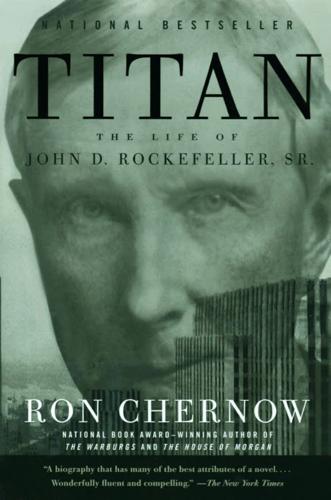
Titan: The Life of John D. Rockefeller, Sr.
by Ron Chernow · 1 Jan 1997 · 1,106pp · 335,322 words
in 1885, where he was both a pupil and a friend of William James. As the two star philosophers among the Harvard undergraduates, Charles and George Santayana cofounded a philosophy club and were natural rivals for the Walker Travelling Fellowship, which paid for two years of study in Germany. Santayana was so
…
, very fond of music and charitable to the poor. As one friend said, “Bessie was a slender rosy-cheeked girl, vivacious, pretty and charming.”13 George Santayana, who met Bessie fresh from Vassar, fondly recalled her as “the image of vigorous health and good sense, nice-looking, frank, and with manlike college
…
planned to acquaint Rockefeller with the great European universities to whet his interest in founding an American school. On the other side of the Atlantic, George Santayana was sharing the Walker Travelling Fellowship with Charles Strong in Germany and noted his friend’s moody behavior. In January 1887, Santayana wrote to William
…
this pretty young woman into someone much older and frailer. The Rockefellers always suppressed the fact that it affected her mind. As Strong’s friend George Santayana wrote, “She was always, as they put it, in delicate health, which was a euphemism for not being in her right mind.”70 Turned into
…
summer.”31 Rockefeller might have seen a sudden chance to deliver a timely plea for Bessie’s return to America. In commenting on the trip, George Santayana said of the Rockefellers, “they are going to travel under an assumed name, to protect themselves from begging letters and indiscreet curiosity.”32 But Rockefeller
…
Origin of Consciousness. The Rockefellers were heartened to find the forty-year-old Bessie in improved health, though her mental faculties remained gravely impaired. When George Santayana visited during the Rockefellers’ stay, he wrote to a friend, apropos of Charles, “It is a terrible life he leads as his wife is like
…
pillow, and this made his life only more cerebral. While staying in his Paris apartment or his villa at Fiesole, Charles and his close friend George Santayana shared a paternal solicitude toward Margaret, who was always encircled by suitors. Her marital plans provided grist for speculation between these two weighty philosophers. It
…
, letter from Dr. Augustus H. Strong, November 26, 1887. IMT, B 1/14, letter from V. C. Hicks to Ida Tarbell, June 29, 1905. McCormick, George Santayana, p. 283. Ibid. Wacker, Augustus H. Strong, p. 84. Ibid., p. 101. AN, B130, letter from Dr. Augustus Strong, January 4, 1887. Ibid., editorial note
…
from T. W. Goodspeed. McCormick, George Santayana, p. 282. Santayana, The Letters of George Santayana, p. 22. UC–JDR, B1 F2, letter from Dr. Augustus H. Strong, November 26, 1887. Ibid., letter from W. R. Harper, January
…
from Bessie Strong to John D. Rockefeller, Jr., March 12, 1904. RAC–CAS, II, letter from Charles A. Strong to William James, October 1903. McCormick, George Santayana, p. 553. Ibid. Lewis, The Jameses, p. 546. The Chicago Daily News, March 12, 1931. RAC, III 2.Z B49 F23, letter from Harold McCormick
…
Van Duyne, May 1, 1906. AN, B117 F59, letter to Bessie Strong, December 20, 1905. RAC–CAS, III, “Letters 1906–1907.” Santayana, The Letters of George Santayana, p. 86. RAC, Inglis notes, 4.12, “Hoster Manuscript,” p. 4. Ibid., p. 5. Ibid., p. 19. Ibid., p. 8. Flynn, God’s Gold, p
…
. 424. Ibid., p. 423. McCormick, George Santayana, p. 284. Ibid. RAC, Inglis notes, 4.12, “Hoster Manuscript.” AN, B131. RAC, Inglis notes, 4.12, “Hoster Manuscript,” p. 27. AN, B117 F60, letter
…
McCormick, October 23, 1922. RAC, RG2 B34 F261, letter from Mathilde Oser, July 3, 1929. Ibid., telegram from Edith Rockefeller McCormick, May 27, 1929. McCormick, George Santayana, p. 288. Reich, The Life of Nelson A. Rockefeller, p. 16. Stasz, The Rockefeller Women, p. 244. Harr and Johnson, The Rockefeller Century, p. 102
…
in America. Boston: Little, Brown, 1984. McCarthy, Kathleen. Noblesse Oblige: Charity & Cultural Philanthropy in Chicago, 1849–1929. Chicago: University of Chicago Press, 1982. McCormick, John. George Santayana: A Biography. New York: Alfred A. Knopf, 1987. McCormick, Richard L. The Party Period and Public Policy: American Politics from the Age of Jackson to
…
and Co., 1934. Sampson, Anthony. The Seven Sisters: The Great Oil Companies and the World They Shaped. Reprint. New York: Bantam Books, 1975 [1973]. Santayana, George. The Letters of George Santayana. Ed. Daniel Cory. New York: Charles Scribner’s Sons, 1955. ———. Persons and Places: The Background of My Life. New York: Charles Scribner’s
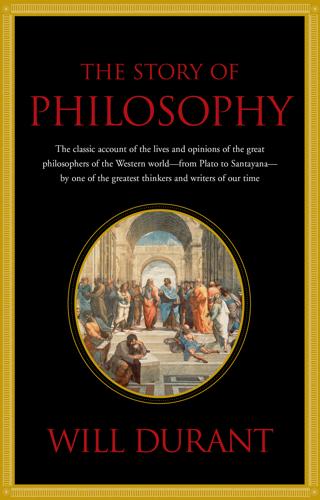
The Story of Philosophy
by Will Durant · 23 Jul 2012 · 685pp · 203,431 words
Spirit 3. What Is Beauty? 4. Criticism III. Bertrand Russell 1. The Logician 2. The Reformer 3. Epilogue CHAPTER XI CONTEMPORARY AMERICAN PHILOSOPHERS Introduction I. George Santayana 1. Biographical 2. Scepticism and Animal Faith 3. Reason in Science 4. Reason in Religion 5. Reason in Society 6. Comment II. William James 1
…
of the first American philosopher, Jonathan Edwards; and it is this new England that captured and remade that strange, exotic figure, America’s latest thinker, George Santayana. For Santayana, of course, is an American philosopher only by grace of geography; he is a European who, having been born in Spain, was transported
…
taken away. We shall have, very probably, no more Santayanas; for hereafter it is America, and not Europe, that will write America’s philosophies. I. George Santayana 1. BIOGRAPHICAL Santayana was born at Madrid in 1863 and died in Rome in 1952. He was brought to America in 1872, and remained here
…
.) $.95. James, William: Pragmatism. (Longmans, Green.) $2.00. Dewey, John: Human Nature and Conduct. (Holt.) $2.25. Dewey, John: Reconstruction in Philosophy. (Holt.) $2.00. Santayana, George: Life of Reason. (Scribner’s.) 5 volumes. $2.00 each. Index Abelard, 119 Abrahams, I., 198 Absolute, 384f., 667 Addison, 267 Adeimantus, 20 Adler, A
…
worth reading, and rather easier than the Life of Reason. Of this the finest volume is Reason in Religion. Little Essays from the Writings of George Santayana, edited by L. P. Smith, and arranged by Santayana himself, is an admirable selection. 5Scepticism and Animal Faith, pp. v and vi. 6Ibid., pp. 11
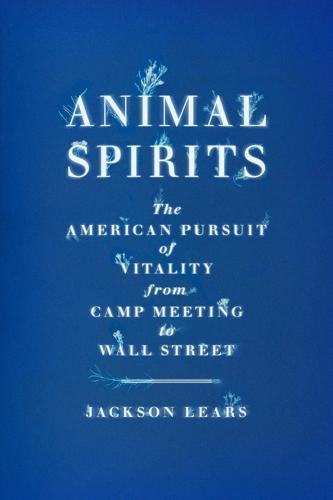
Animal Spirits: The American Pursuit of Vitality From Camp Meeting to Wall Street
by Jackson Lears
a few perceptive observers sensed they were inhabiting an era of pivotal transformation. “The present age is a critical one and interesting to live in,” George Santayana wrote in 1913. “The civilization characteristic of Christendom has not yet disappeared, yet another civilization has begun to take its place.” In the Chicago Dial
…
, that they may grow ‘spiritual’ by diving into the flux.” Babbitt was not alone among conservatives in seeing Bergson as a symptom of cultural decline. George Santayana took a similar view, but placed it in a larger and more flexible framework. For him the disease of “overcivilization” took on subtler symptoms than
…
in John Lukacs, A New Republic: A History of the United States in the 20th Century (2004), 23n. “The present age is a critical one”: George Santayana, “The Intellectual Temper of the Age,” in his Winds of Doctrine (1913), 1. “For fifty years”: Charles Moore, “The Return of the Gods,” Dial 53
…
-Force,” Nation 89 (Sept. 30, 1909), 299. “The ancient tradition”: Irving Babbitt, “Bergson and Rousseau,” Nation 95 (Nov. 14, 1912), 455. “if life is better”: George Santayana, “The Intellectual Temper of the Age,” in his Winds of Doctrine (1913), 13–14. Italics in original. “Only when vitality is low”: Ibid., 14. “A
…
in; in Cold War, see Cold War; post-WWI; in war with Ukraine Sailor, Beware! (play) Sand County Almanac, A (Leopold) San Francisco Sanger, Margaret Santayana, George Satter, Beryl Schelling, Friedrich Wilhelm Joseph Schlesinger, Arthur, Jr. School of the Woods (Long) Schrodinger, Erwin Schumann, Frederick Schumpeter, Joseph science; on animal intelligence; atomic
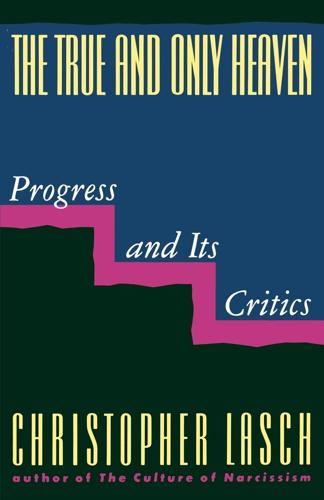
The True and Only Heaven: Progress and Its Critics
by Christopher Lasch · 16 Sep 1991 · 669pp · 226,737 words
literature no doubt had salutary effects, but the concerns behind it distorted Brooks's view of cultural history. His preoccupation with the "genteel tradition," as George Santayana called it, made it impossible for him to see any value in the tradition of radical Protestantism exemplified by Edwards, Emerson, and William James or
…
democratization of culture that took place during the progressive era. My account draws mainly on Douglas L. Wilson, ed., The Genteel Tradition: Nine Essays by George Santayana (1967), which includes the 1911 essay "The Genteel Tradition in American Philosophy," on which Van Wyck Brooks drew so heavily in America's Coming-of
…
, 429, 430 Sandel, Michael: on conservatism, 171 -72; on liberalism, 171 ; on loss of control over social processes, 170 Sanford, R. Nevitt, 445 sansculottes, 227 Santayana, George, 350, 351, 362 Sartor Resartus (Carlyle), 186 n., 227 -32, 242, 243 -587- Sartre, Jean Paul, 312 Saturday Evening Post (Philadelphia), 469 Saturday Review (New
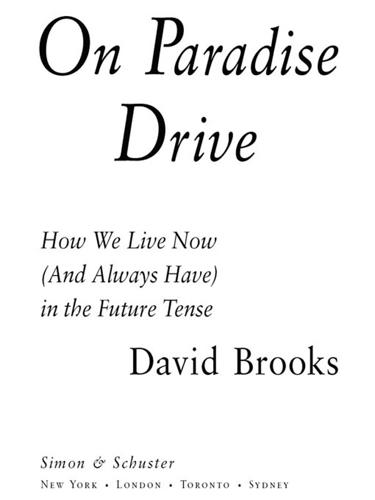
On Paradise Drive: How We Live Now (And Always Have) in the Future Tense
by David Brooks · 2 Jun 2004 · 262pp · 79,469 words
looked down on her, and she was probably right. So she did what Americans always do when something bothers them. She moved on. The philosopher George Santayana once observed that Americans don’t solve problems, they leave them behind. If there’s an idea they don’t like, they don’t bother
…
not made in this country”—the distinction between the sacred and the profane. Other writers have hinted at the same phenomenon. An American, according to George Santayana, is “an idealist working on matter.” Santayana spent much of his life in the U.S. but never felt at home here and returned to
…
these books by the millions, as true believers buy sacred relics or bottles of miraculous holy water. In Character and Opinion in the United States, George Santayana argued that Americans go through life with two worlds in their heads. In one part of their brain, they see the real world; but in
…
,” Alexis de Tocqueville observed during his journey though America, “and work opens a way to everything; this has changed the point of honor quite around.” George Santayana later declared that the “gospel of work and the belief in progress” constituted the two American faiths. “Works and days were offered to us,” Emerson
…
might move on in pursuit of the horizon. But more fundamentally, a relationship to beliefs is provisional, because they are always being renovated and improved. George Santayana observed that Americans tend not to believe in eternal and absolute truth. Instead, ideas are always in motion, and people are always progressing on to
…
political beliefs in and religion restaurants in small towns of stores in work ethic in Rybczynski, Witold Sam’s Club Samson, Leon Sandel, Michael J. Santayana, George Sartre, Jean-Paul Schor, Juliet scientists Searching for a Corporate Savior (Khurana) self-esteem self-improvement in children’s sport as form of narcissism and

Age of Anger: A History of the Present
by Pankaj Mishra · 26 Jan 2017 · 410pp · 106,931 words
revived after 1945 and made central to political and economic thinking by Britain’s successor, the United States. * * * The United States, the Spanish-American writer George Santayana wrote, ‘has always thought itself in an eminent sense the land of freedom, even when it was covered with slaves’. Santayana had watched from his
…
of liberalism is passionately articulated in his From the Other Shore, now available free on the internet at http://altheim.com/lit/herzen-ftos.html. George Santayana’s view of Americanism and liberalism was most engagingly expressed in his novel The Last Puritan (New York, 1935). Some sustained reflections can be found
…
Rwanda Sainte-Beuve, Charles Augustin Saint-Just, Louis Antoine Léon de Saint-Simon, Claude Henri de Rouvroy, Comte de Salvemini, Gaetano San Bernardino, California Sand, George Santayana, George Sanua, James Sarkozy, Nicolas Saudi Arabia Savarkar, Vinayak Damodar Scheler, Max Schelling, Friedrich Wilhelm Joseph Schiller, Friedrich Schleiermacher, Friedrich Schmitt, Carl Schönerer, Georg von Schopenhauer
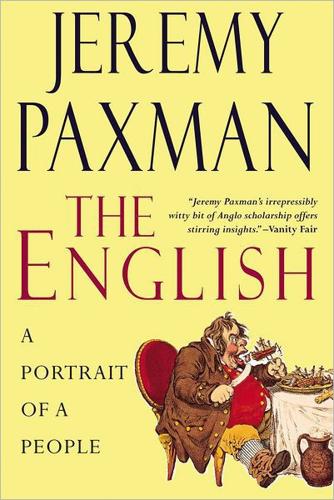
The English
by Jeremy Paxman · 29 Jan 2013 · 364pp · 103,162 words
? Has a mild and gentle climate, rarely too hot and rarely extremely cold, played a role in producing a moderate, pragmatic people? The Anglophile philosopher George Santayana believed that England is pre-eminently a land of atmosphere … English landscape, if we think only of the land and the works of man upon
…
. 6. Ibid. 7. Ibid., p. 8. 8. Ibid., p. 9. 9. Ralph Waldo Emerson: ‘English Traits’, in Collected Works, Vol. V, pp. 59–60. 10. George Santayana: Soliloquies in England, p. 14. 11. Samuel Johnson: The Idler, No. 11. 12. Bill Bryson: Notes from a Small Island, p. 278. 13. Johnson, op
…
, 1947. ST GEORGE, ANDREW: The Descent of Manners, London, Chatto & Windus, 1993. SAKLATVALA, BERAM: The Origins of the English People, Newton Abbot, David & Charles, 1969. SANTAYANA, GEORGE: Soliloquies in England, London, Constable, 1922. SCHAMA, SIMON: Citizens: A Chronicle of the French Revolution, London, Viking, 1989. SELLAR, W. C., and YEATMAN, R. J
…
’s Day, 11, 12, 21 St Patrick’s Day, 12 St Paul’s Cathedral, 88 St Thomas Becket, 45 Salford University, 127 Sandford, Elizabeth, 222 Santayana, George, 125 Sapper, 176–7 Sassoon, Siegfried, 147 Schama, Simon, 194 Scotland, Scots, 20, 43–4, 45, 46, 48 Scott, Cyril, 167 Scott, Peter, 150 Scott
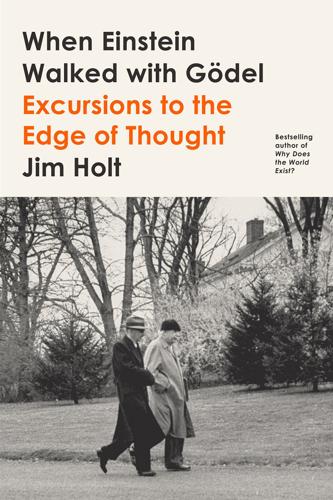
When Einstein Walked With Gödel: Excursions to the Edge of Thought
by Jim Holt · 14 May 2018 · 436pp · 127,642 words
the deaths of others? The barrenness of the Epicurean attitude—enjoy life from moment to moment and don’t worry about death—is epitomized by George Santayana, one of Critchley’s exemplary dead philosophers. After resigning from Harvard, Santayana lived in Rome, where he was discovered by American soldiers after the liberation
…
Russell, Bertrand; atheism of; autobiography of; on the infinitesimal; proper-names theory of Russian Academy of Sciences Russian Revolution Rutgers University Saddam Hussein Sagan, Carl Santayana, George Savant, Marilyn vos Scepticism, Rules, and Language (Hacker and Gordon) Schindler, Oskar Schopenhauer, Arthur Schrödinger, Erwin Schwartz, Stephen Schweitzer, Albert Scientific American scientific revolution Searle
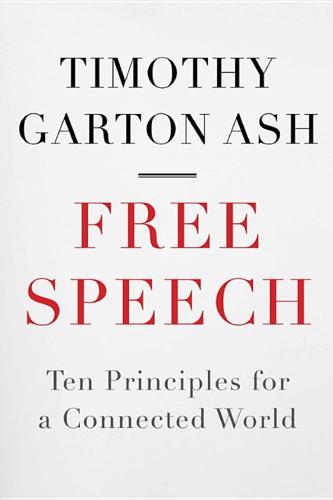
Free Speech: Ten Principles for a Connected World
by Timothy Garton Ash · 23 May 2016 · 743pp · 201,651 words
of the Holocaust, Gulag, multiple wars, occupations and dictatorships. I have lost count of the times I have heard European and especially German politicians repeat George Santayana’s line that those who forget the past are condemned to repeat it.89 This ‘never forget!’ was itself a departure from a centuries-old
…
. Utrecht, The Netherlands: Eleven International. Sambrook, Richard. 2012: Delivering Trust: Impartiality and Objectivity in the Digital Age. Oxford: Reuters Institute for the Study of Journalism. Santayana, George. 1980 [1905]: Reason in Common Sense. New York: Dover. Sassen, Saskia. 2001: The Global City. Princeton: Princeton University Press. Saviano, Roberto. 2007: Gomorrah. Translated by
…
Saddam Hussein, 285, 326, 328–29, 344 Sadek, Morris, 64, 66 Sagar, Rahul, 341 Said, Khaled, 315 samizdat, 56, 183–84 Sanger, Larry, 170–71 Santayana, George, 304 Sarrazin, Thilo, 213, 217, 231 satirical journals/programmes, 188, 204 Saudi Arabia, 27, 67, 87, 276, 278–80, 362, 374 Saviano, Roberto, 141–42
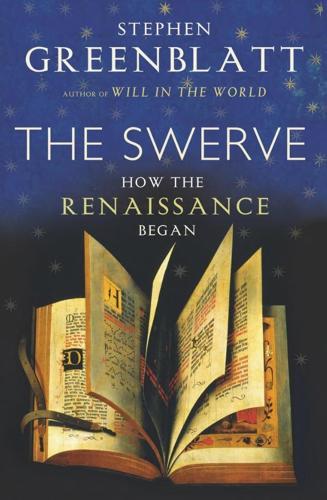
The Swerve: How the Renaissance Began
by Stephen Greenblatt · 31 Aug 2011 · 408pp · 114,719 words
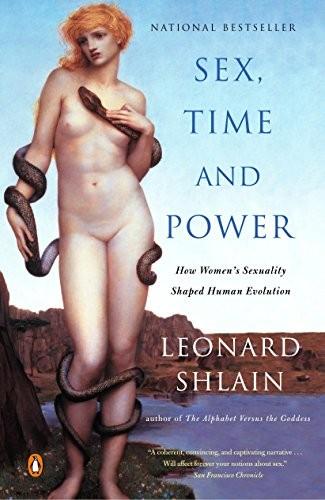
Sex, Time, and Power: How Women's Sexuality Shaped Human Evolution
by Leonard Shlain · 2 Aug 2004 · 607pp · 168,497 words
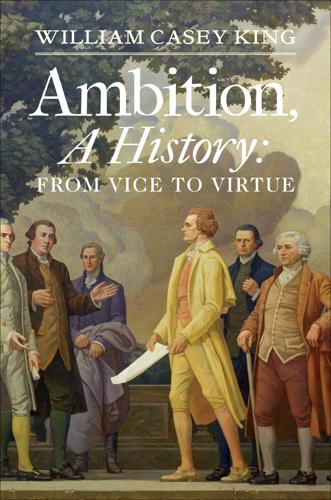
Ambition, a History
by William Casey King · 14 Sep 2013 · 317pp · 84,674 words
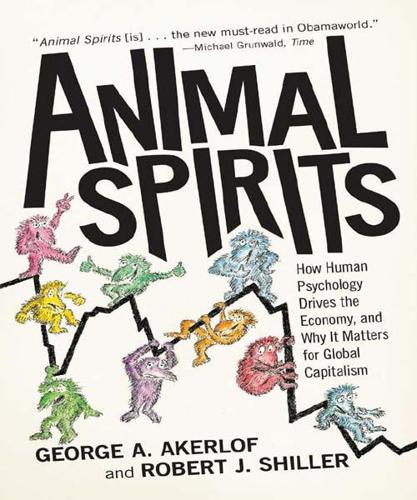
Animal Spirits: How Human Psychology Drives the Economy, and Why It Matters for Global Capitalism
by George A. Akerlof and Robert J. Shiller · 1 Jan 2009 · 471pp · 97,152 words
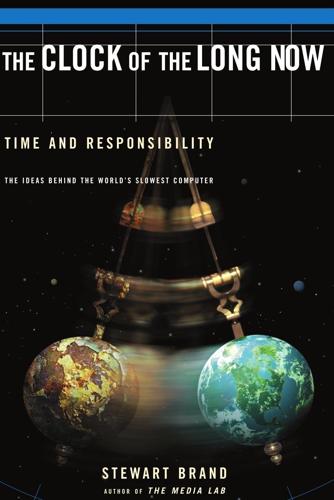
Clock of the Long Now
by Stewart Brand · 1 Jan 1999 · 194pp · 49,310 words
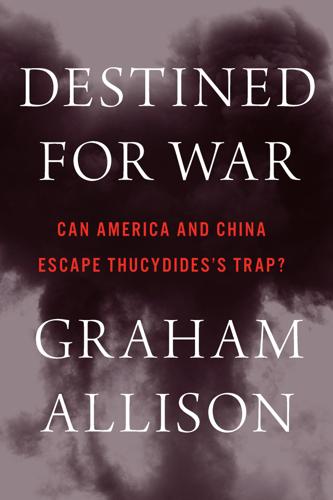
Destined for War: America, China, and Thucydides's Trap
by Graham Allison · 29 May 2017 · 518pp · 128,324 words
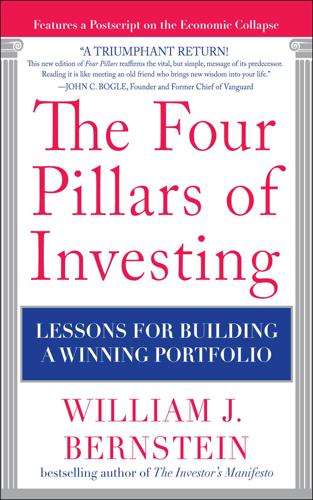
The Four Pillars of Investing: Lessons for Building a Winning Portfolio
by William J. Bernstein · 26 Apr 2002 · 407pp · 114,478 words
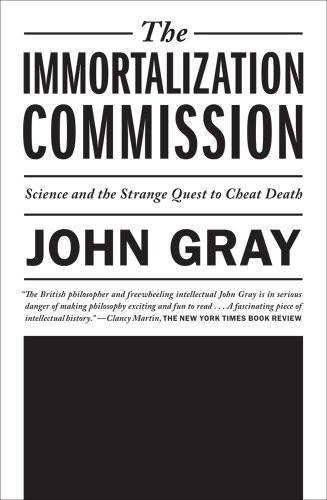
The Immortalization Commission: Science and the Strange Quest to Cheat Death
by John Gray · 11 Apr 2011 · 232pp · 67,934 words

Arabs: A 3,000 Year History of Peoples, Tribes and Empires
by Tim Mackintosh-Smith · 2 Mar 2019
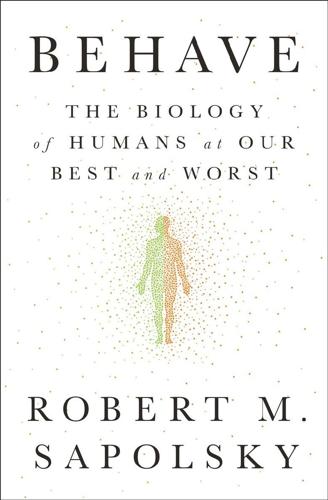
Behave: The Biology of Humans at Our Best and Worst
by Robert M. Sapolsky · 1 May 2017 · 1,261pp · 294,715 words
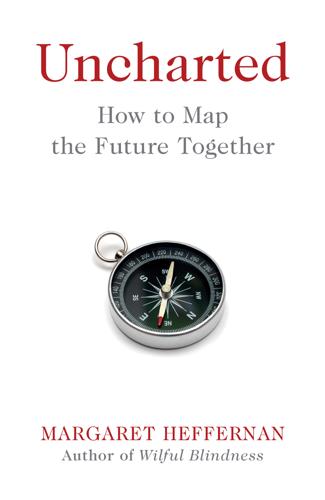
Uncharted: How to Map the Future
by Margaret Heffernan · 20 Feb 2020 · 335pp · 97,468 words
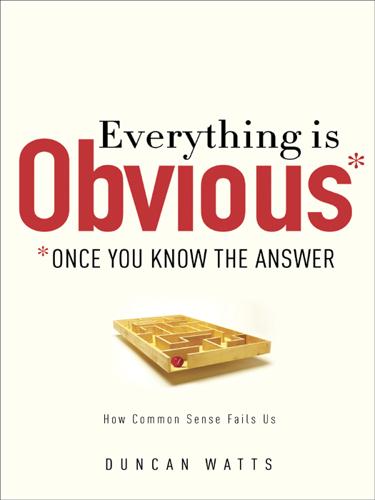
Everything Is Obvious: *Once You Know the Answer
by Duncan J. Watts · 28 Mar 2011 · 327pp · 103,336 words
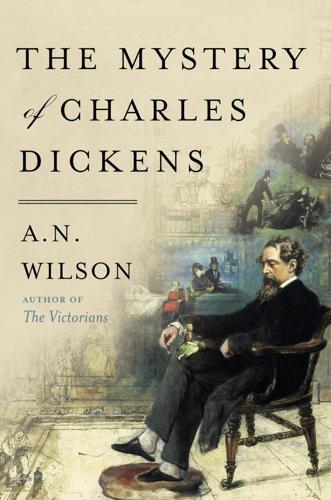
The Mystery of Charles Dickens
by A. N. Wilson · 3 Jun 2020 · 336pp · 97,204 words
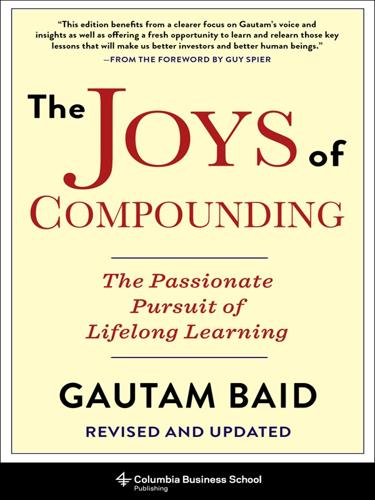
The Joys of Compounding: The Passionate Pursuit of Lifelong Learning, Revised and Updated
by Gautam Baid · 1 Jun 2020 · 1,239pp · 163,625 words
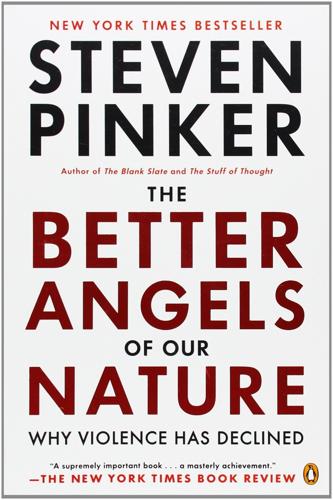
The Better Angels of Our Nature: Why Violence Has Declined
by Steven Pinker · 24 Sep 2012 · 1,351pp · 385,579 words
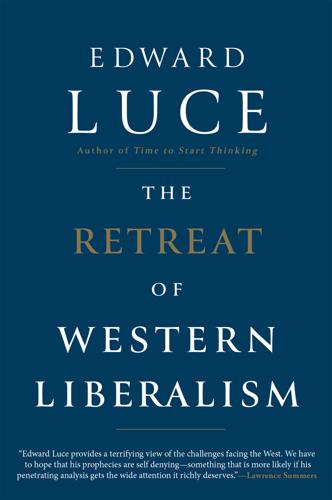
The Retreat of Western Liberalism
by Edward Luce · 20 Apr 2017 · 223pp · 58,732 words
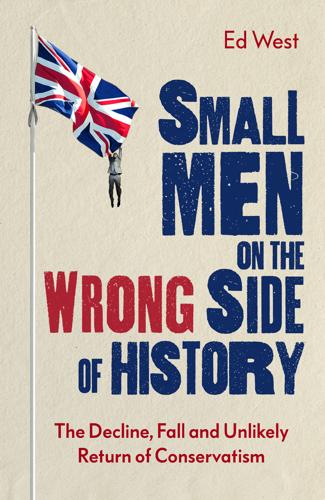
Small Men on the Wrong Side of History: The Decline, Fall and Unlikely Return of Conservatism
by Ed West · 19 Mar 2020 · 530pp · 147,851 words
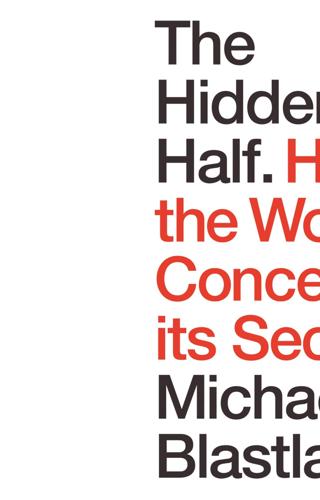
The Hidden Half: How the World Conceals Its Secrets
by Michael Blastland · 3 Apr 2019 · 290pp · 82,871 words
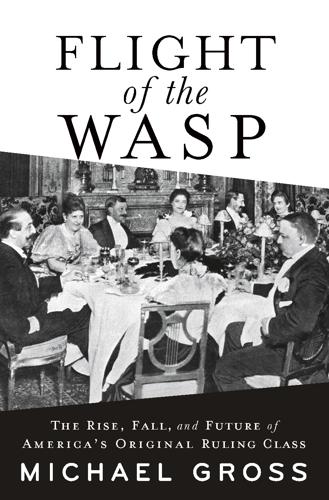
Flight of the WASP
by Michael Gross · 562pp · 177,195 words
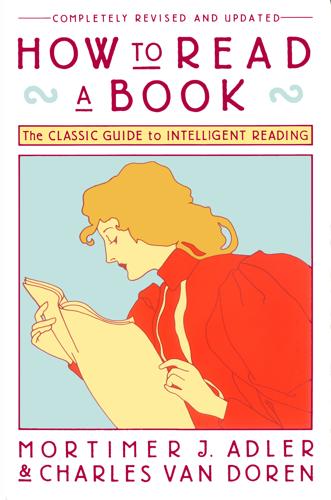
How to Read a Book
by Mortimer J. Adler and Charles van Doren · 14 Jun 1972 · 444pp · 139,784 words
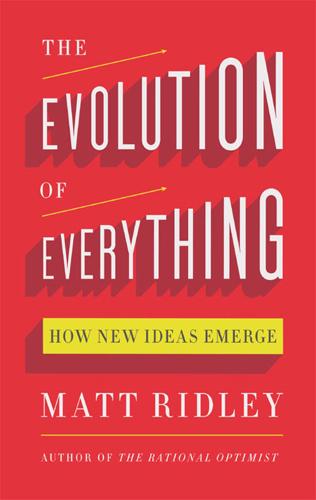
The Evolution of Everything: How New Ideas Emerge
by Matt Ridley · 395pp · 116,675 words
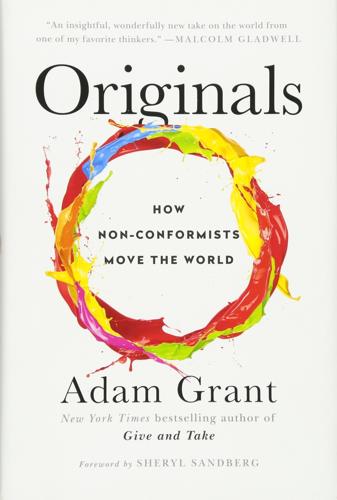
Originals: How Non-Conformists Move the World
by Adam Grant · 2 Feb 2016 · 410pp · 101,260 words
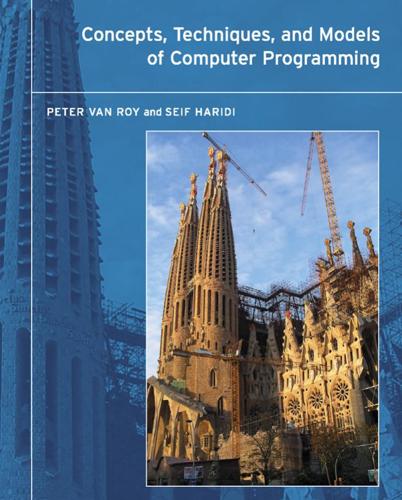
Concepts, Techniques, and Models of Computer Programming
by Peter Van-Roy and Seif Haridi · 15 Feb 2004 · 931pp · 79,142 words
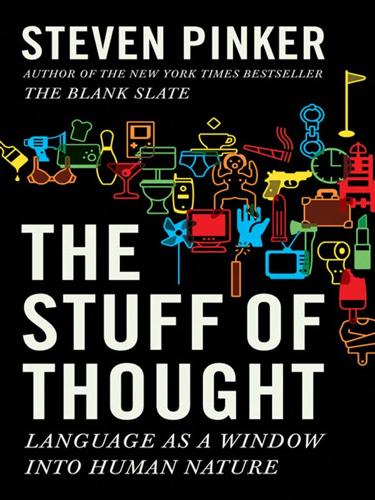
The Stuff of Thought: Language as a Window Into Human Nature
by Steven Pinker · 10 Sep 2007 · 698pp · 198,203 words
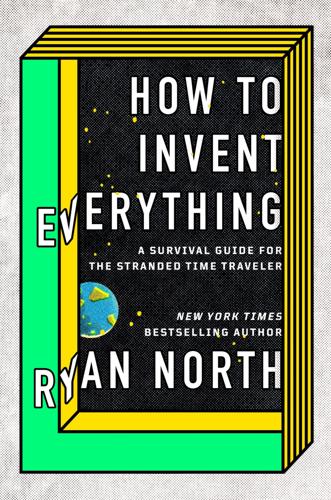
How to Invent Everything: A Survival Guide for the Stranded Time Traveler
by Ryan North · 17 Sep 2018 · 643pp · 131,673 words
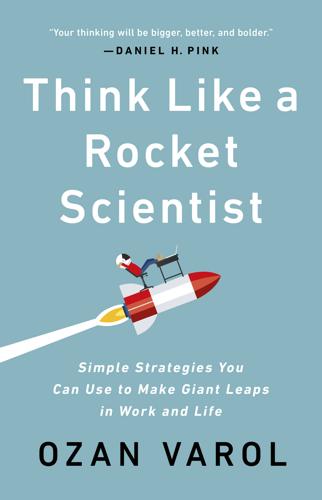
Think Like a Rocket Scientist: Simple Strategies You Can Use to Make Giant Leaps in Work and Life
by Ozan Varol · 13 Apr 2020 · 389pp · 112,319 words

The Words You Should Know to Sound Smart: 1200 Essential Words Every Sophisticated Person Should Be Able to Use
by Bobbi Bly · 18 Mar 2009 · 251pp · 44,888 words
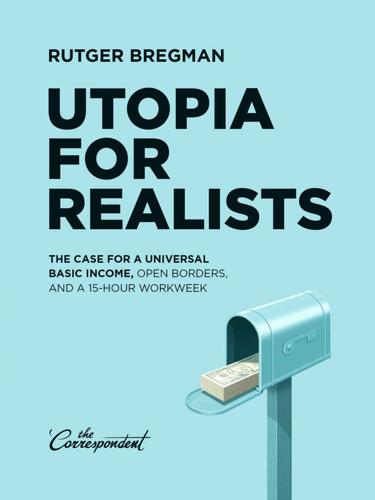
Utopia for Realists: The Case for a Universal Basic Income, Open Borders, and a 15-Hour Workweek
by Rutger Bregman · 13 Sep 2014 · 235pp · 62,862 words

The Weightless World: Strategies for Managing the Digital Economy
by Diane Coyle · 29 Oct 1998 · 49,604 words
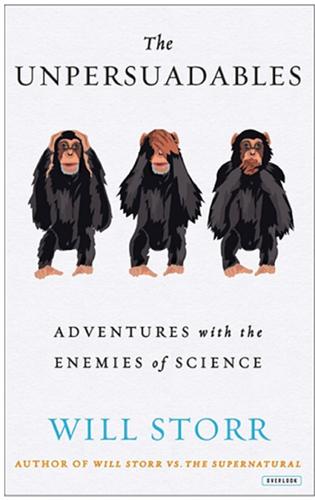
The Unpersuadables: Adventures With the Enemies of Science
by Will Storr · 1 Jan 2013 · 476pp · 134,735 words
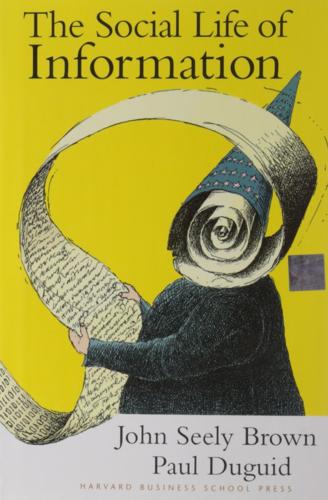
Social Life of Information
by John Seely Brown and Paul Duguid · 2 Feb 2000 · 791pp · 85,159 words
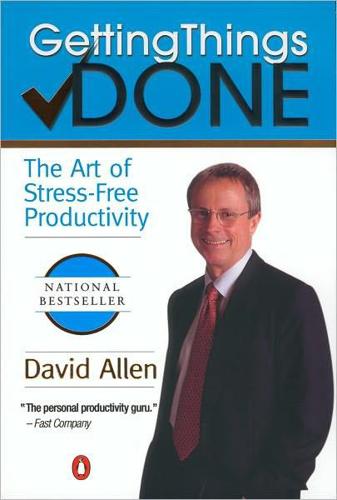
Getting Things Done: The Art of Stress-Free Productivity
by David Allen · 31 Dec 2002 · 300pp · 79,315 words
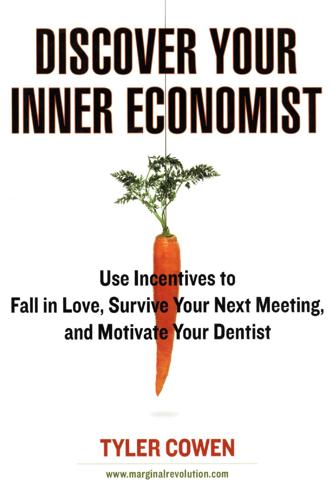
Tyler Cowen-Discover Your Inner Economist Use Incentives to Fall in Love, Survive Your Next Meeting, and Motivate Your Dentist-Plume (2008)
by Unknown · 20 Sep 2008 · 246pp · 116 words
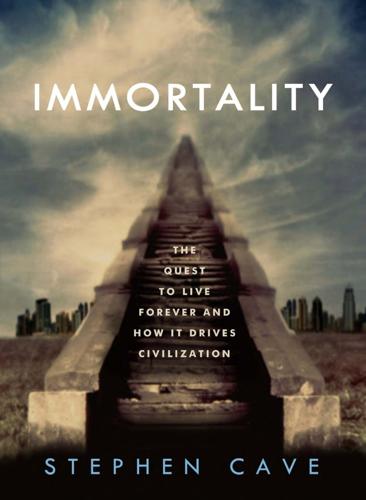
Immortality: The Quest to Live Forever and How It Drives Civilization
by Stephen Cave · 2 Apr 2012 · 299pp · 98,943 words
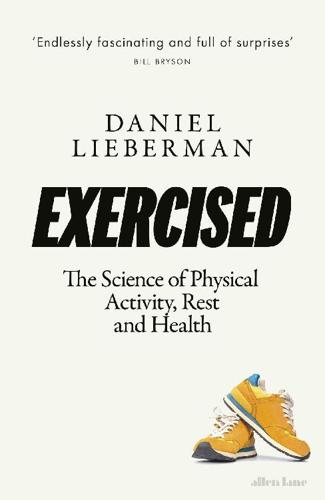
Exercised: The Science of Physical Activity, Rest and Health
by Daniel Lieberman · 2 Sep 2020 · 687pp · 165,457 words
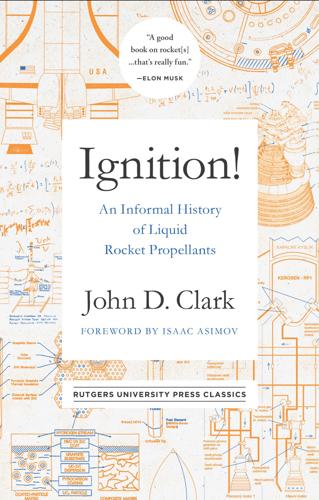
Ignition!: An Informal History of Liquid Rocket Propellants
by John Drury Clark · 14 Jun 1972 · 673pp · 88,905 words
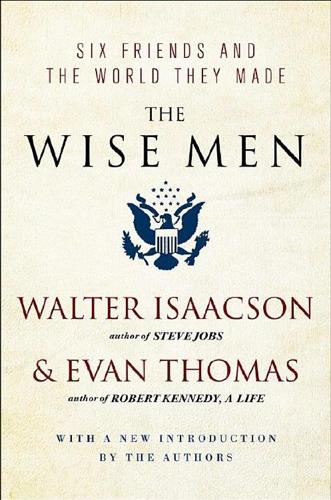
The Wise Men: Six Friends and the World They Made
by Walter Isaacson and Evan Thomas · 28 Feb 2012 · 1,150pp · 338,839 words

Frommer's England 2011: With Wales
by Darwin Porter and Danforth Prince · 2 Jan 2010

Statistical Arbitrage: Algorithmic Trading Insights and Techniques
by Andrew Pole · 14 Sep 2007 · 257pp · 13,443 words
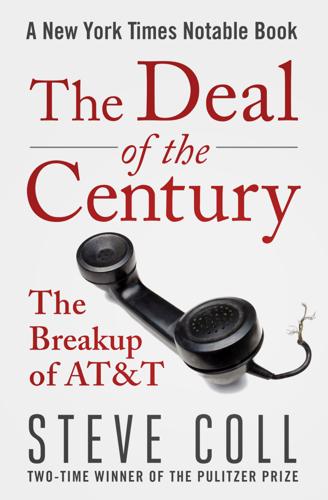
The Deal of the Century: The Breakup of AT&T
by Steve Coll · 12 Jun 2017 · 450pp · 134,152 words

Drinking in America: Our Secret History
by Susan Cheever · 12 Oct 2015 · 263pp · 81,542 words
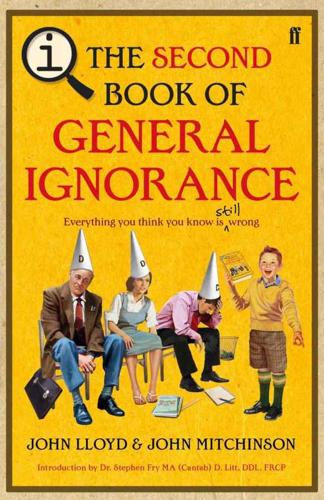
QI: The Second Book of General Ignorance
by Lloyd, John and Mitchinson, John · 7 Oct 2010 · 469pp · 97,582 words
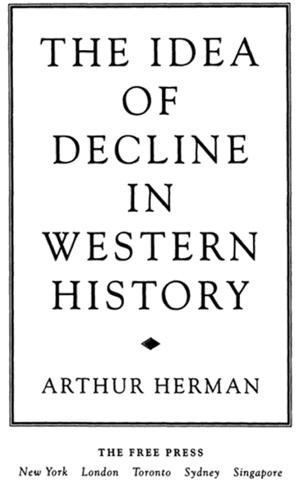
The Idea of Decline in Western History
by Arthur Herman · 8 Jan 1997 · 717pp · 196,908 words
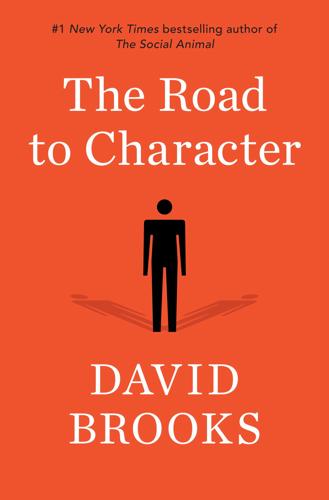
The Road to Character
by David Brooks · 13 Apr 2015 · 353pp · 110,919 words
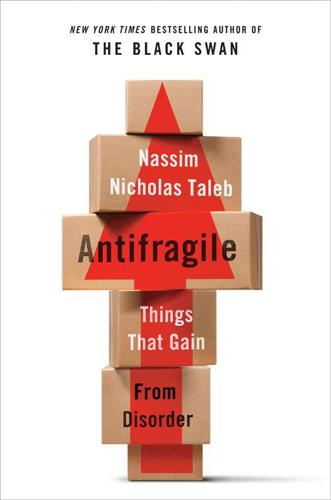
Antifragile: Things That Gain From Disorder
by Nassim Nicholas Taleb · 27 Nov 2012 · 651pp · 180,162 words
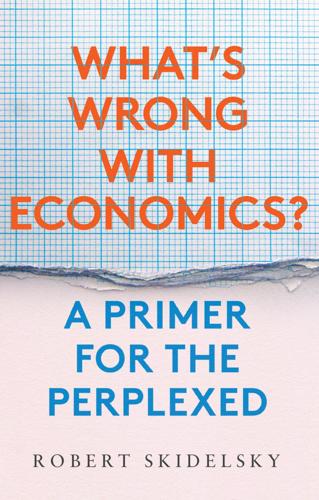
What's Wrong With Economics: A Primer for the Perplexed
by Robert Skidelsky · 3 Mar 2020 · 290pp · 76,216 words
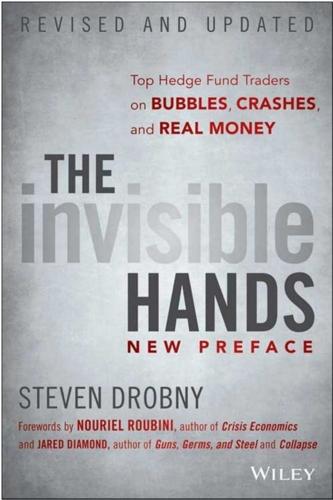
The Invisible Hands: Top Hedge Fund Traders on Bubbles, Crashes, and Real Money
by Steven Drobny · 18 Mar 2010 · 537pp · 144,318 words
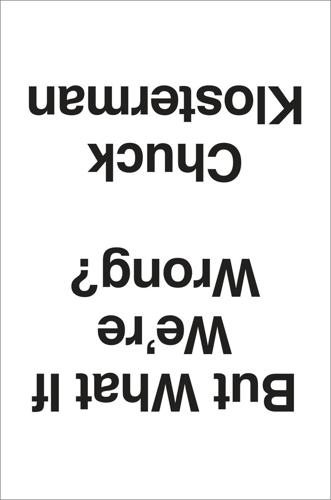
But What if We're Wrong? Thinking About the Present as if It Were the Past
by Chuck Klosterman · 6 Jun 2016 · 281pp · 78,317 words

The View From Flyover Country: Dispatches From the Forgotten America
by Sarah Kendzior · 24 Apr 2015 · 172pp · 48,747 words

Moon Prague, Vienna & Budapest: Palaces & Castles, Art & Music, Coffeehouses & Beer Gardens
by Jennifer D Walker, Auburn Scallon and Moon Travel Guides · 15 Oct 2024 · 806pp · 221,571 words
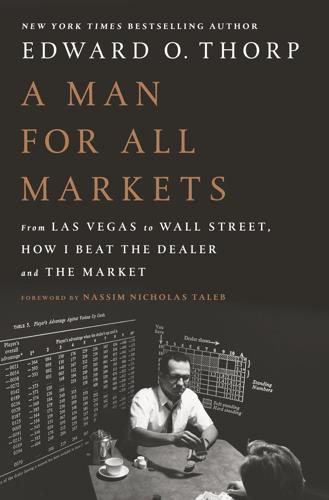
A Man for All Markets
by Edward O. Thorp · 15 Nov 2016 · 505pp · 142,118 words
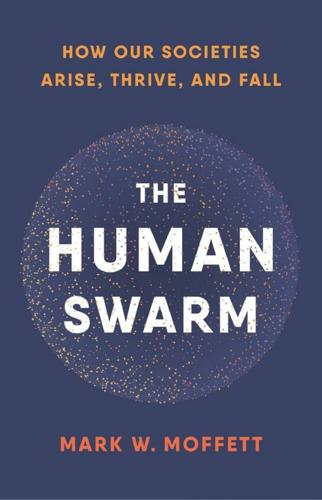
The Human Swarm: How Our Societies Arise, Thrive, and Fall
by Mark W. Moffett · 31 Mar 2019 · 692pp · 189,065 words
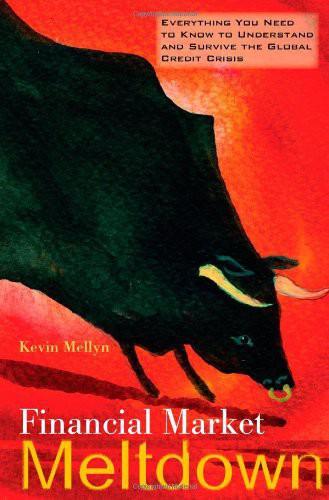
Financial Market Meltdown: Everything You Need to Know to Understand and Survive the Global Credit Crisis
by Kevin Mellyn · 30 Sep 2009 · 225pp · 11,355 words
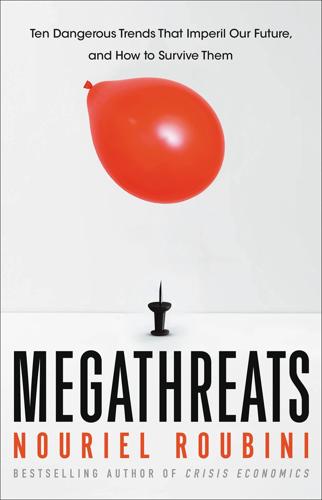
MegaThreats: Ten Dangerous Trends That Imperil Our Future, and How to Survive Them
by Nouriel Roubini · 17 Oct 2022 · 328pp · 96,678 words

Hacker, Hoaxer, Whistleblower, Spy: The Story of Anonymous
by Gabriella Coleman · 4 Nov 2014 · 457pp · 126,996 words
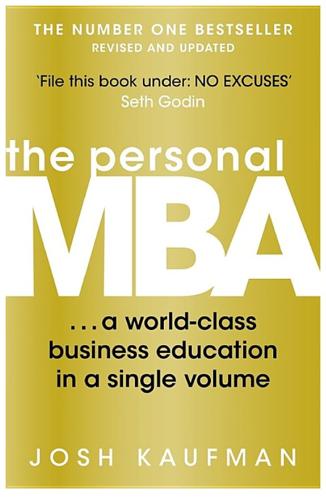
The Personal MBA: A World-Class Business Education in a Single Volume
by Josh Kaufman · 2 Feb 2011 · 624pp · 127,987 words

The Shipwrecked Mind: On Political Reaction
by Mark Lilla · 19 Oct 2015 · 113pp · 36,039 words
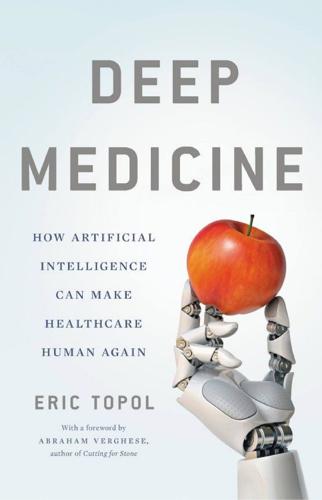
Deep Medicine: How Artificial Intelligence Can Make Healthcare Human Again
by Eric Topol · 1 Jan 2019 · 424pp · 114,905 words
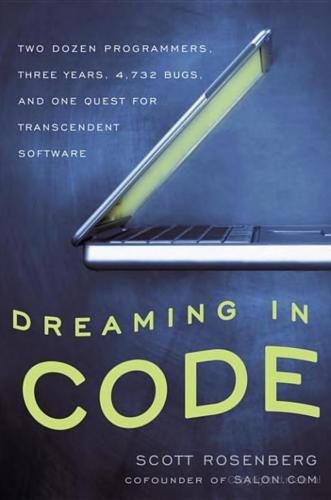
Dreaming in Code: Two Dozen Programmers, Three Years, 4,732 Bugs, and One Quest for Transcendent Software
by Scott Rosenberg · 2 Jan 2006 · 394pp · 118,929 words
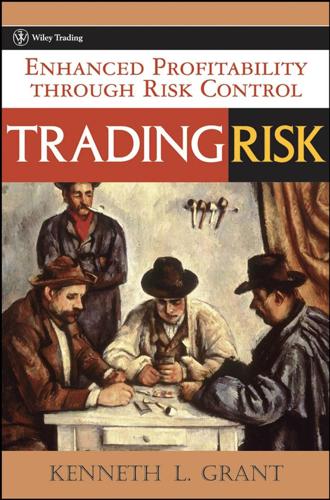
Trading Risk: Enhanced Profitability Through Risk Control
by Kenneth L. Grant · 1 Sep 2004

Vagabonding: An Uncommon Guide to the Art of Long-Term World Travel
by Rolf Potts · 24 Dec 2002 · 168pp · 47,972 words
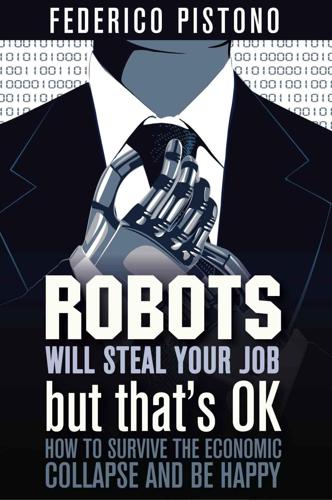
Robots Will Steal Your Job, But That's OK: How to Survive the Economic Collapse and Be Happy
by Pistono, Federico · 14 Oct 2012 · 245pp · 64,288 words
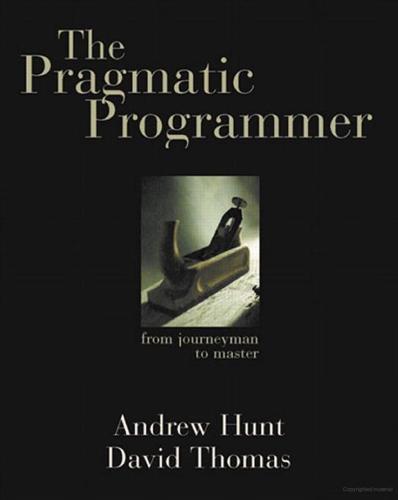
The Pragmatic Programmer
by Andrew Hunt and Dave Thomas · 19 Oct 1999 · 509pp · 92,141 words

Site Reliability Engineering: How Google Runs Production Systems
by Betsy Beyer, Chris Jones, Jennifer Petoff and Niall Richard Murphy · 15 Apr 2016 · 719pp · 181,090 words
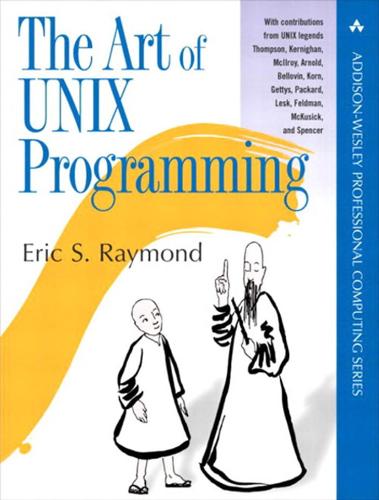
The Art of UNIX Programming
by Eric S. Raymond · 22 Sep 2003 · 612pp · 187,431 words
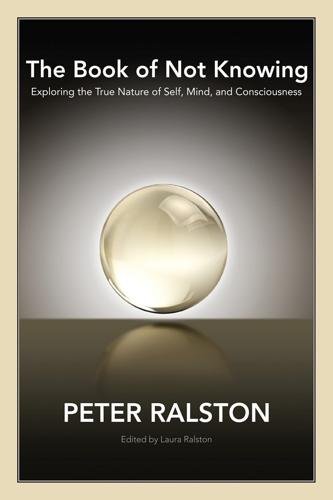
The Book of Not Knowing: Exploring the True Nature of Self, Mind, and Consciousness
by Peter Ralston · 30 Aug 2010 · 549pp · 160,930 words

Pragmatic Version Control Using Git
by Travis Swicegood · 1 Dec 2008 · 184pp · 12,922 words

The Breakup Monologues: The Unexpected Joy of Heartbreak
by Rosie Wilby · 26 May 2021 · 227pp · 67,264 words
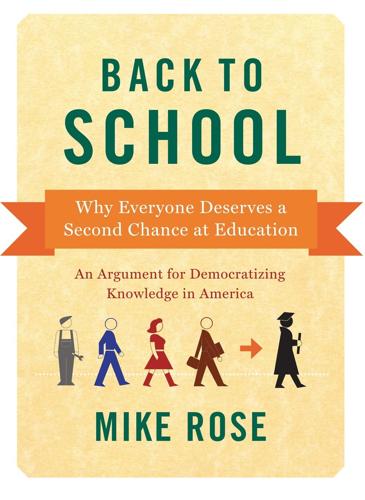
Back to School: Why Everyone Deserves a Second Chance at Education
by Mike Rose · 17 Sep 2012 · 225pp · 55,458 words
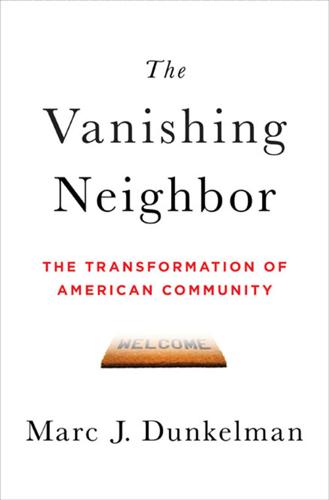
The Vanishing Neighbor: The Transformation of American Community
by Marc J. Dunkelman · 3 Aug 2014 · 327pp · 88,121 words
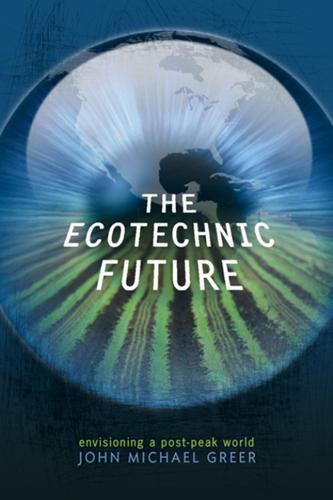
The Ecotechnic Future: Envisioning a Post-Peak World
by John Michael Greer · 30 Sep 2009
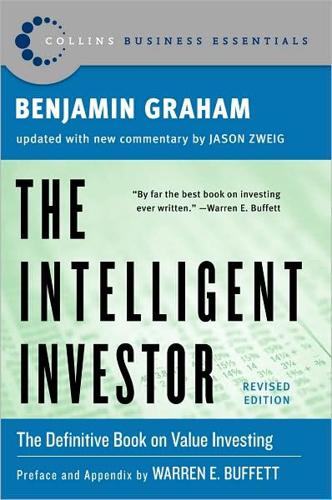
The Intelligent Investor (Collins Business Essentials)
by Benjamin Graham and Jason Zweig · 1 Jan 1949 · 670pp · 194,502 words
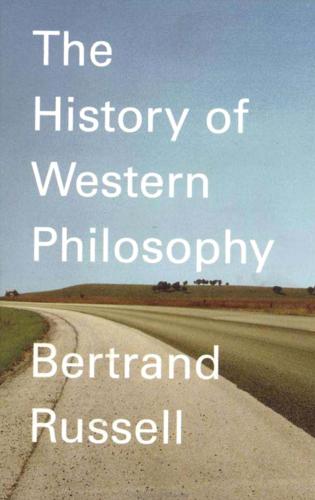
A History of Western Philosophy
by Aaron Finkel · 21 Mar 1945 · 1,402pp · 369,528 words
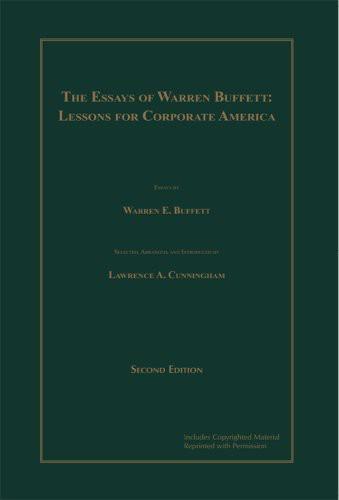
The Essays of Warren Buffett: Lessons for Corporate America
by Warren E. Buffett and Lawrence A. Cunningham · 2 Jan 1997 · 219pp · 15,438 words
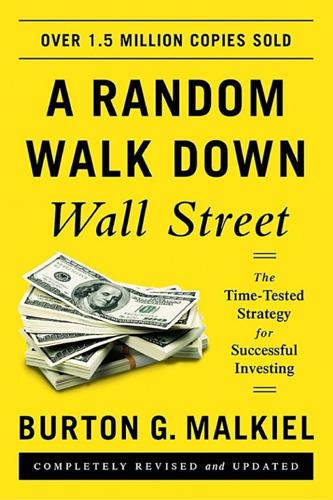
A Random Walk Down Wall Street: The Time-Tested Strategy for Successful Investing (Eleventh Edition)
by Burton G. Malkiel · 5 Jan 2015 · 482pp · 121,672 words
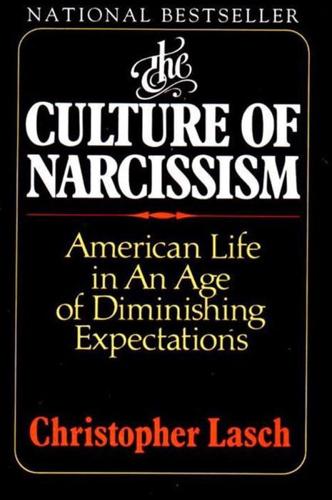
The Culture of Narcissism: American Life in an Age of Diminishing Expectations
by Christopher Lasch · 1 Jan 1978

The Guns of August
by Barbara W. Tuchman and Robert K. Massie · 1 Jan 1962 · 653pp · 205,718 words